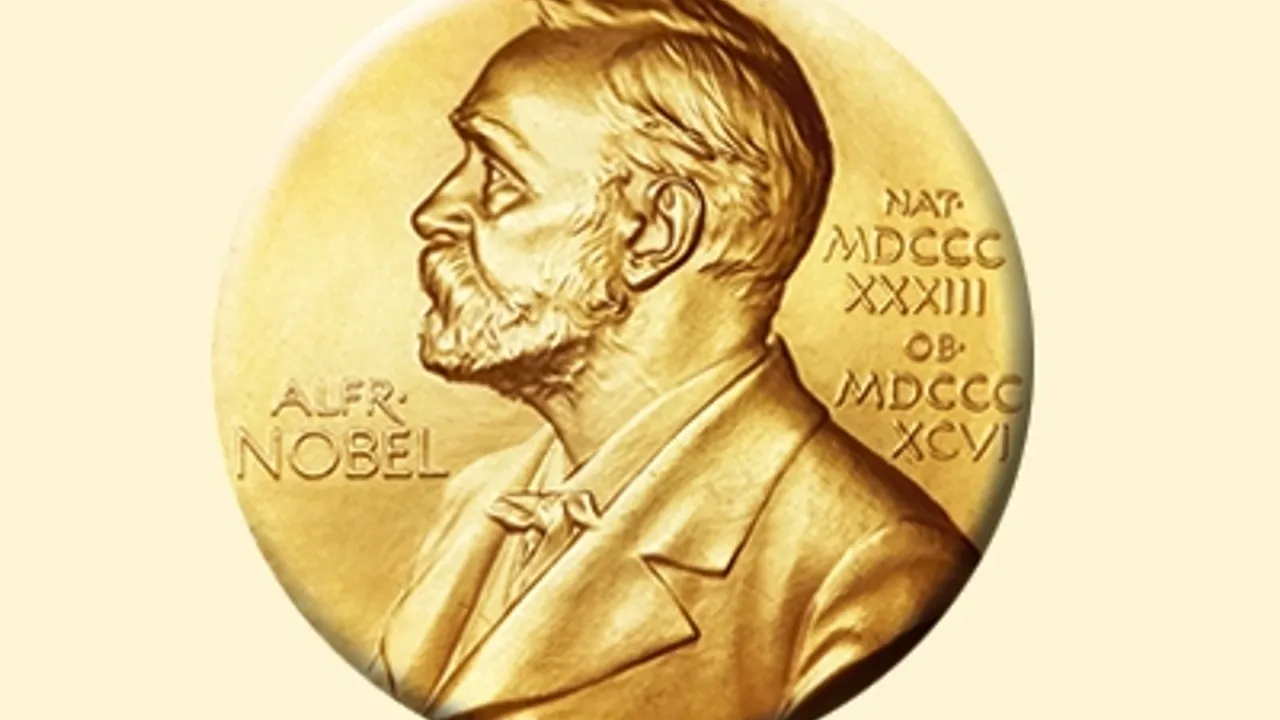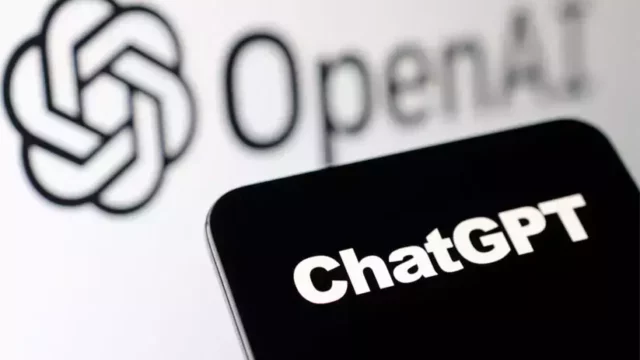The 2025 Nobel Prize in Physics was awarded to three researchers for their groundbreaking work that paved the way for the development of quantum computers. The award was shared by John Clarke, Michel H. Devoret, and John M. Martinis, known for their pioneering work on quantum mechanics in the 1980s.
The 2025 Nobel Prize in Physics has been awarded
In their award-winning discovery, the researchers physically demonstrated a phenomenon called “quantum tunneling” by designing a circuit with no electrical resistance. Quantum tunneling allows atoms and subatomic particles to pass through a barrier they normally wouldn’t be able to pass through.

This phenomenon was only known theoretically before the three scientists’ experiments. The experiments of Clarke, Devoret, and Martinis proved that tunneling is possible in a physical circuit. This work later laid the foundation for modern transistors and today’s rapidly developing quantum computer technology.
John Clarke led the research team at the University of California, Berkeley, where he began his professorship in 1969 and remains an emeritus professor. Over the years, the trio’s pioneering work has laid both the theoretical and practical foundations for modern quantum computers.
Martinis and Devoret conducted research on quantum computing at Google. While serving as the hardware leader of Google’s Quantum AI team, Martinis announced in 2019 that they had developed a computer with “quantum supremacy.”
This computer offered the ability to solve a given problem much faster than classical supercomputers. Following his tenure at Google, Martinis continues to work as a professor at Yale University and the University of California, Santa Barbara.
Devoret serves as the principal scientist of quantum hardware at Google Quantum AI and is also a faculty member at the University of California, Santa Barbara.













